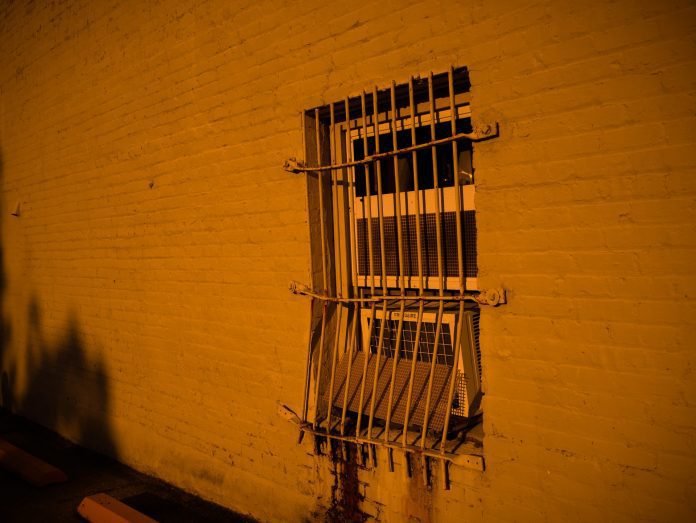Last Updated on June 14, 2023 by
Air Conditioning repair is something that may occur during the lifespan of your AC. Every now and then, your unit might run into some issues―whether due to extensive usage or a very old AC system. Whatever it is, it pays off to be well-informed of the basics to save time and effort. Knowing the key terms gives you enough time to assess the problem.
Table of Contents
What are the Common AC Issues?
Learning the usual AC problems beforehand is pivotal to preventing major AC breakdowns as a treasured home appliance. Like most HVAC devices, air conditioners require regular maintenance to identify potential issues that may come along the way. So, here are the typical AC problems that you need to consider.
1. AC not turning on
There are several reasons why your AC does not turn on. For one, it could be that the thermostat batteries are no longer in working condition. Replace the dead ones with new batteries. If the batteries are still functional, then the cause might be irregularities with the thermostat setting. Check whether the right mode is chosen and adjust the temperature according to your preferences.
If you have checked both, but the AC is still not working, the next step is to look into the circuit breaker. There’s a possibility that the circuit breaker is tripped, so try to reset it. Turn it off by flipping the switch and then turn it on. If you have done all steps yet you are still unsuccessful; there might be damage in the AC interior. AC wiring repairs, however, should be done by the experts.
2. AC not blowing cool air
The main job of an AC is to cool the place. And if it does to work as expected, that would be a total disappointment. Worn-down blower belts and dirty air filters could be the major reasons restricting the AC’s cooling power.
The refrigerant is a primary factor that affects the air flowing from the AC. This is the working fluid responsible for acquiring the warm air inside and providing cool air upon traversing the compressor and the evaporator. A leak often causes a low refrigerant level, hence the need to identify the source before adding the chemical compound into the AC system.
3. AC blowing hot air
Next on the list is when your AC blows warm air. This can be very frustrating, especially during summer. Dirty air filters normally cause hot air blowing from the AC. The dust and dirt are trapped on the filter, restricting the airflow and eventually triggering the compressor to overheat. To avoid this from happening, clean the filters every other week and replace them every quarter.
Hot air may also be caused by a low refrigerant level, indicating a leak within the system. If this happens, the AC tries to blow out warm air to reach the temperature set on the thermostat. This could be a major problem if not addressed right away, so it’s suggested to get help from AC pros.
4. Frozen evaporator coil
Another typical problem experienced by AC owners is the freezing up of the outside unit. Generally, ice may develop due to the low refrigerant or possible refrigerant leak. This occurs because the temperature surrounding the condenser coil plunges below freezing.
Other possible reasons include insufficient airflow, blower motor issues, clogged air filters, dirty coils, and faulty wiring. The temperature outside also impacts the evaporator coil. If you encounter ice buildup on your unit, shut down the AC before you thaw the ice. You may use a heat gun to speed up the process of melting the ice.
5. AC short cycling
Ever heard of short cycling? This is the term used when the AC involuntarily turns off and on, not completing the entire cooling cycle. When this occurs, the compressor works hard to complete its job but still ends up stopping prematurely. This can be a serious problem if not resolved immediately. Since this issue can vastly impact the health of the compressor and other primary parts, it’s best to contact a professional to make the appropriate diagnosis.
Short cycling is often caused by incorrect calibration of the thermostat or clogged air filters. The wrong AC size is also a possible ground for short cycling. This happens because an oversized unit tends to exert varying levels of temperature. It can make the area too cold or too hot. And over time, it causes wear and tear.
6. Odd noises coming from the unit
If you hear weird sounds from the unit like grinding or squeaking, you should contact a certified technician as soon as possible. This kind of problem signifies that there is something wrong inside the unit, which needs to be resolved immediately to avoid serious damage to your AC.
There are various reasons for the noise, either mislaid or damaged components. If the noises appear to be clicking, it could be a capacitor issue or a blockage in the AC fan. On the other hand, bubble vibrations are caused by excess moisture or a refrigerant leak. Meanwhile, a poorly aligned compressor belt is typically represented by grinding sounds.
How to Maintain Your AC?
Always keep in mind that regular tune-up is a must to maintain your AC. There are simple ways to preserve the condition of the unit, from cleaning the air filter to monitoring the thermostat settings regularly. These tasks are very easy and may not need help from HVAC technicians. However, it’s still recommended to have your AC serviced at least twice a year to check the inner workings of the unit fully.
When to Call for Assistance from HVAC Experts?
To keep your AC running in its full glory, discernment is very important. Apparently, you don’t need to become a professional to tell when something is not right with your unit. It takes familiarity and knowledge to understand your unit. If you think the problem is pretty straightforward, try to do the work all by yourself. However, if these are complex issues like short cycling and insufficient refrigerant, make sure to give the responsibility to the professionals. Major AC problems should be handled by the experts and not the other way around.



























